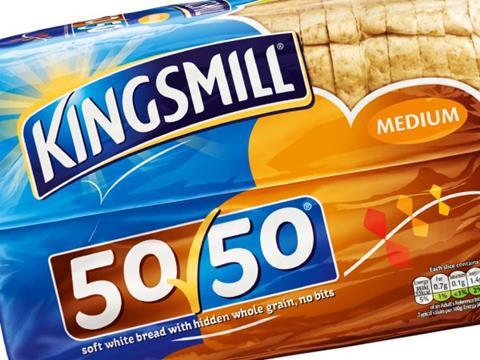
Supermarkets are hiking prices on Kingsmill bread after manufacturer Allied Bakeries warned it could no longer absorb the rising cost of wheat.
Tesco has been upping prices across its range of Kingsmill SKUs since November, when Allied Bakeries told investors it was holding negotiations with retailers to try and recover profits hit by surging raw material costs. An 800g loaf of Kingsmill Wholemeal, 50/50 or Soft White is now £1 in Tesco, up from 80p at the start of last year, while 400g loaves are 15p more expensive at 75p. Kingsmill’s Crusts Away 400g loaves are £1.30, up from £1.20 [Brandview 52 w/e 10 January 2018].
Sainsbury’s has increased its price for 400g Kingsmill Crusts Away loaves by 5p to £1.30 this week, having previously increased prices from £1.20 to £1.25 in January 2017.
Average prices for stablemate Sunblest are also up slightly (2%) compared with last year, with Tesco this week increasing the price of six Sunblest Potato Farls by 10p to £1.10.
However, prices for Allinson’s bread have remained largely consistent since the brand was relaunched by Allied in January 2017, with an rsp of £1.35 for the 650g premium loaves.
Price hikes on Allied brands come amid wider increases on supermarket bread over the past 12 months. A 400g loaf of Hovis Medium Wholemeal is up by 13.6% to an average of 78p, for example, while a 400g loaf of Warburtons Medium White Bread is up by 2.0% to 82p.
Own label bread is also getting pricer, with an 800g loaf of medium white sliced now 55p on average, up by 12.2% year on year.
Allied Bakeries reported a loss in November, warning commodity inflation - particularly for wheat - and lower retail prices had caused “significant margin decline” for the business.
Speaking in November, George Weston, CEO of parent Associated British Foods, said the situation was “unsustainable” and the business was thererfore holding “negotiations and discussions” on price recovery with retailers.
Prices for UK wheat - which is traded internationally - have been surging since the June 2016 Brexit vote. Feed wheat futures, used as a benchmark for UK prices, were up 38% year on year at £146.75/t by February 2017, putting them ahead of Paris milling wheat futures.
By the end of December 2017, UK feed wheat futures had fallen to £141.10/t [AHDB], but that remains well above pre-referendum vote levels.
At the end of last year, Alex Waugh, director of the National Association of British and Irish Flour Millers, told The Grocer milling wheat prices had surged by about 20% - mostly as a result of the decline in the value of the pound.
The UK also suffered a “variable” wheat harvest last year, which reduced the proportion of grain meeting the main bread-making specification, he added.







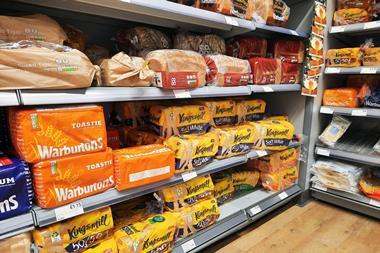
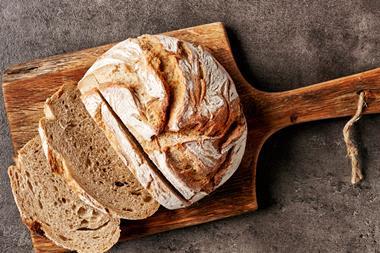
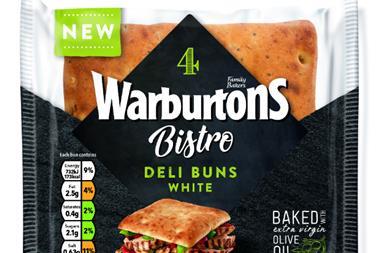
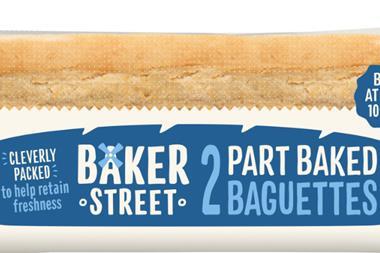

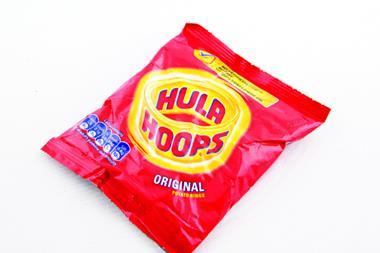






No comments yet